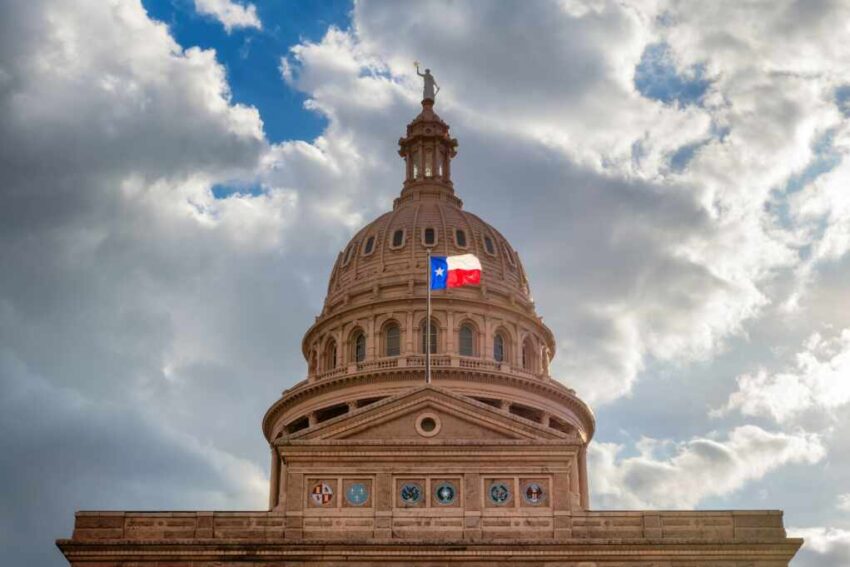Texas’s new law slams human traffickers—especially those targeting children or disabled people—with decades-long sentences and zero parole.
At a Glance
- Human trafficking is now a first-degree felony under Senate Bill 1212, punishable by 25 to 99 years or life in prison.
- House Bill 2306 removes parole eligibility for trafficking offenses involving children or disabled individuals.
- If a local district attorney fails to act within six months, the Texas Attorney General is required to step in and prosecute.
- The legislation also broadens trafficking penalties and imposes new obligations on certain businesses, including awareness signage and training.
Legislation Overhaul: Harsher Sentences, Fewer Loopholes
Texas officially elevated human trafficking to a first-degree felony under Senate Bill 1212, effective September 1, 2025, with sentences ranging from 25 to 99 years or life behind bars.
Simultaneously, House Bill 2306 imposes strict “no parole” provisions for offenders convicted of trafficking involving children or disabled individuals—ensuring that the most egregious perpetrators remain incarcerated.
Watch now: Human trafficking becomes first-degree felony under new Texas law
Empowering State Intervention
House Bill 45 also takes effect on September 1, 2025, mandating that the Texas Attorney General must prosecute human trafficking cases if a local district attorney has not done so within six months of notification—closing gaps in enforcement across jurisdictions.
Moreover, House Bill 1778, passed during the same legislative session and effective on the same date, expands the scope of trafficking-related offenses, strengthens penalties—especially for crimes near schools, shelters, or involving vulnerable populations—and requires awareness signage and training in personal-service businesses.
Broader Impact: Tougher Laws, Bigger Responsibilities
These reforms significantly reshape how Texas tackles human trafficking:
- Traffickers face dramatically elevated penalties and a reduced chance of release.
- The AG’s expanded authority addresses inconsistent local prosecution—and closes gaps in enforcement.
- Vulnerable communities receive stronger deterrence, while service sectors (e.g., cosmo and tattoo businesses) must now partake actively in awareness and prevention.
Texas’s comprehensive legal update marks one of its most assertive campaigns against trafficking—doing more than boost sentences, it mobilizes new enforcement tools and prevention obligations to protect those most at risk.
Sources
Texas Governor’s Press Release
Click this link for the original source of this article.
Author: Editor
This content is courtesy of, and owned and copyrighted by, https://thecongressionalinsider.com and its author. This content is made available by use of the public RSS feed offered by the host site and is used for educational purposes only. If you are the author or represent the host site and would like this content removed now and in the future, please contact USSANews.com using the email address in the Contact page found in the website menu.





